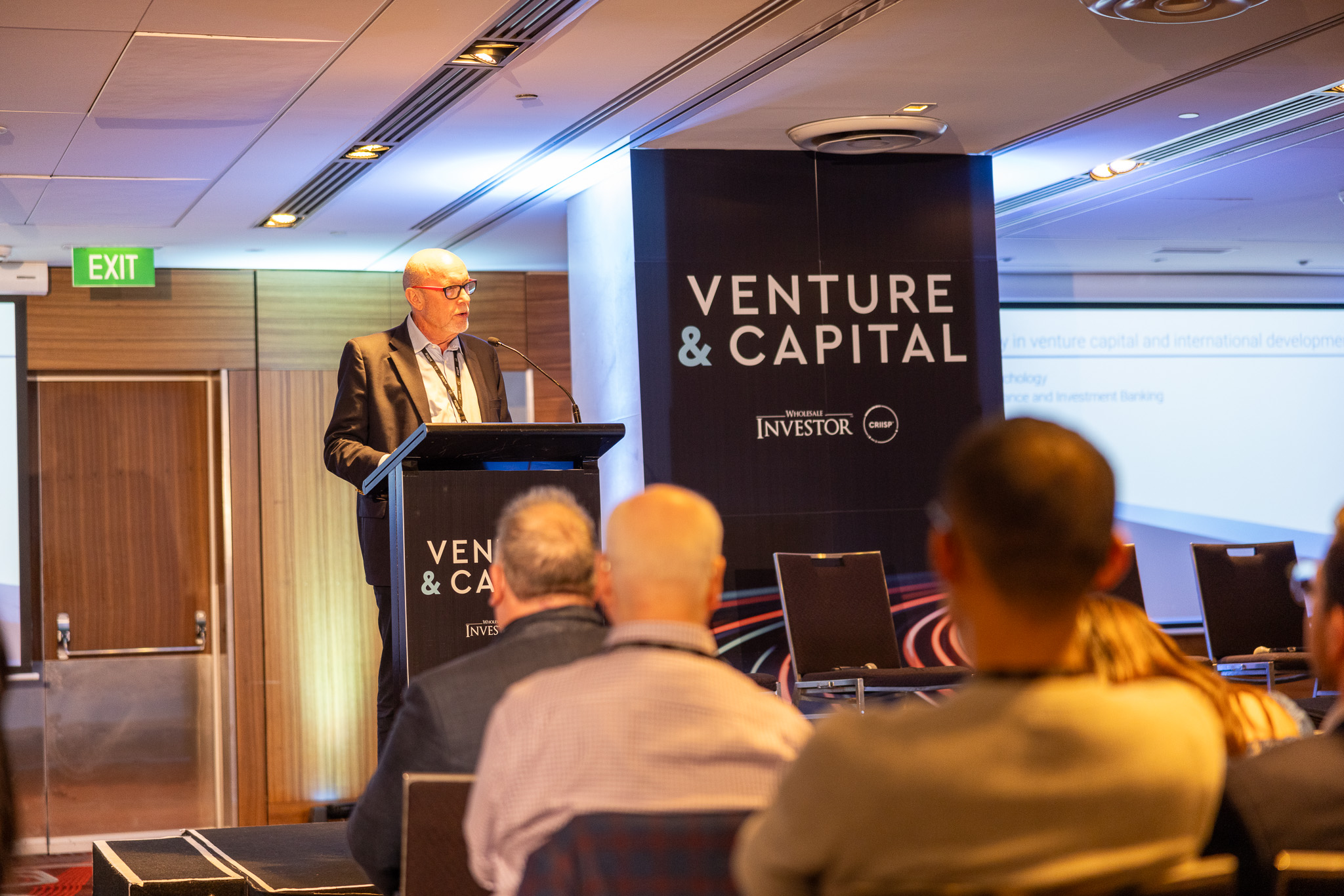News and Announcements

Regenerative Medicine Ushers in a New Era of Healthcare: Investment Opportunities and Global Collaborations Abound
- Published October 19, 2023 11:00PM UTC
- Publisher Wholesale Investor
- Categories Capital Insights, Trending
In a seismic shift that is redefining the landscape of healthcare, regenerative medicine is emerging as a game-changer, promising to replace or even regenerate human cells, tissues, or organs. Dr. Stephen Moss, Executive Chairman at DAI Capital, recently illuminated this transformative field during his keynote address at Venture & Capital Sydney. Moss delved into the revolutionary potential of regenerative medicine to cure debilitating diseases and discussed a high-potential investment opportunity in Bali, Indonesia.
The Aging Crisis: A Call for Innovation
As global populations age, the incidence of chronic diseases such as dementia, heart disease, and cancer is skyrocketing, putting unprecedented strain on healthcare systems. While average life expectancy is on the rise, the quality of those extra years is often marred by illness and disability. The urgent need for innovative solutions that not only prolong life but also enhance its quality is clearer than ever.
Regenerative Medicine: The Frontier of Modern Healthcare
Regenerative medicine is breaking new ground by focusing on the root causes of diseases rather than merely treating symptoms. This approach aims to replace, engineer, or regenerate human cells, tissues, or organs to restore normal function. The field has already made significant strides, particularly in the realm of stem cell therapies.
Stem Cells: The Building Blocks of Regeneration
Stem cells are at the heart of this medical revolution. With their unique ability to differentiate into various cell types, stem cells have shown remarkable efficacy in treating conditions like diabetes and cancer. Recent studies, including one in Fiji that used stem cells to prevent leg amputations in diabetic patients, and another in Japan that reported zero recurrence of early-stage solid cancers, underscore the transformative potential of stem cell therapies.
Japan: A Global Pioneer in Regenerative Medicine
Japan has positioned itself as a global leader in this burgeoning field. In 2014, the country enacted a groundbreaking regenerative health bill, setting the stage for the commercialisation of stem cell therapies following rigorous testing. With billions invested in research and development, Japan is focusing on cord blood-derived stem cells, setting a global standard for safety and efficacy in regenerative medicine.
Investment Spotlight: A Revolutionary Healthcare Facility in Bali
For investors looking to capitalise on this healthcare revolution, Dr. Moss highlighted an exciting opportunity in Bali, Indonesia. Australian biotech group Simplr Health has joined forces with international development organisation DAI to establish a 200-bed regenerative treatment facility. Supported by a $700,000 grant from the Australian government and endorsements from the Japanese and Indonesian Ministries of Health, the facility will be strategically located in a special economic zone adjacent to the Bali International Hospital, which is affiliated with the renowned Mayo Clinic.
The Investment Imperative: A Future-Ready Approach to Healthcare
Investing in this Bali project offers a unique opportunity to be at the vanguard of healthcare innovation. The facility will specialise in cutting-edge treatments like immune cell therapy and mesenchymal stem cell therapy, heralding a new era in medical treatment. This international collaboration exemplifies the transformative power and investment potential of regenerative medicine.
Conclusion: The Future is Regenerative
In summary, regenerative medicine is not just a medical advancement; it’s a paradigm shift that promises to redefine healthcare for generations to come. With significant progress already made in countries like Japan and promising investment opportunities like the Bali project, the future of healthcare looks not just longer, but better. As we invest in this transformative field, we’re not just betting on science; we’re investing in a future where living to 100 could mean a century of vitality and well-being.
Trending
Backed By Leading Investment Groups and Family Offices









